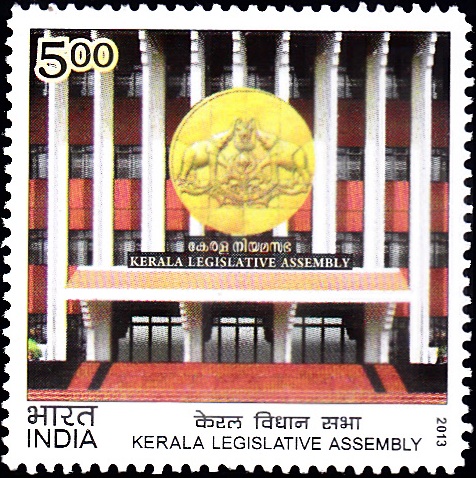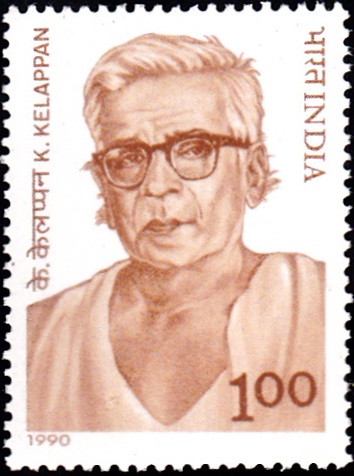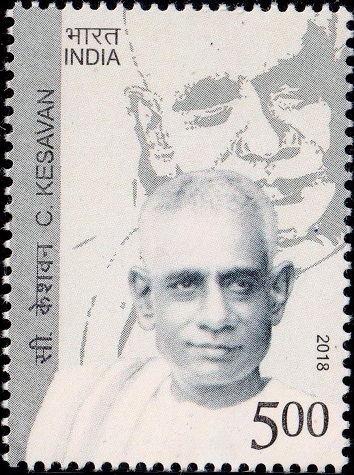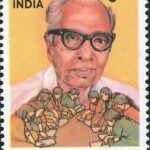
Cochin Synagogue
A commemorative postage stamp on the 400 years of the Paradesi Synagogue, oldest active synagogue in British Commonwealth, located in Kochi, Kerala, also known as Cochin Jewish Synagogue or Mattancherry Synagogue :
 Issued by India
Issued by India
Issued on Dec 15, 1968
Issued for : The fact that an oft-persecuted community like the Jews could find peaceful asylum in India symbolises the secular character of our State where all communities can flourish regardless of colour, creed or race. The P & T Department is happy to associate itself with the four-hundredth anniversary celebrations of the Cochin Synagogue by issuing a commemorative postage stamp on the occasion.
Type : Stamp, Mint Condition
Colour : Blue and Maroon
Denomination : 20 Paise
Overall Size : 3.91 X 2.90 cms.
Printing Size : 3.56 X 2.54 cms.
Perforation : 13 x 13
Watermark : Printed on unwatermarked paper
Number Printed : 30,00,000
Number per issue Sheet : 35
Printing Process : Photogravure
Designed and Printed at : India Security Press
About :
- A distinguishing feature of Indian history is that many foreign influences have through the ages sustained and enriched a basically Indian culture. People of many races have been coming into India throughout its long history. Some came and held brief sway like the Macedonians under Alexander. The Islamic era saw almost a millennium of such movements into the country. Europeans came next, first as traders and then as conquerors, culminating in the establishment of British rule.
- There was another kind of peaceful two-way movement, comprising commercial, religious and cultural intercourse. This intercourse flourished on the eastern and western sea-boards of the peninsula. Right from the earliest times Ionian and Roman ships made regular visits to Indian sea-ports. The Jews in Kerala are believed to have reached India after the destruction of the second temple in Jerusalem in the year 72 A.D. This shows that by that time there must have been a long established maritime link between India and the Mediterranean lands.
- Thus was woven into the multicoloured fabric of Indian life still another ethnic group. The first definite historical mention of the Jews in Kerala occurs in the famous Jewish copper plates on which is recorded the gift of a village from a local ruler to the settlers. The date of these copper plates is not finally settled, but probably they pertain to the period around 1000 A.D. Till the 15th century, Jews from abroad periodically visited this prosperous settlement near Cranganore. But other forces like the Moors and the Portuguese came on the scene and destroyed it in the 16th century. The Jews then sought refuge in Cochin whose Hindu ruler granted them a site for habitation. Here was built the Jew Town in 1567 and the Synagogue the next year.







